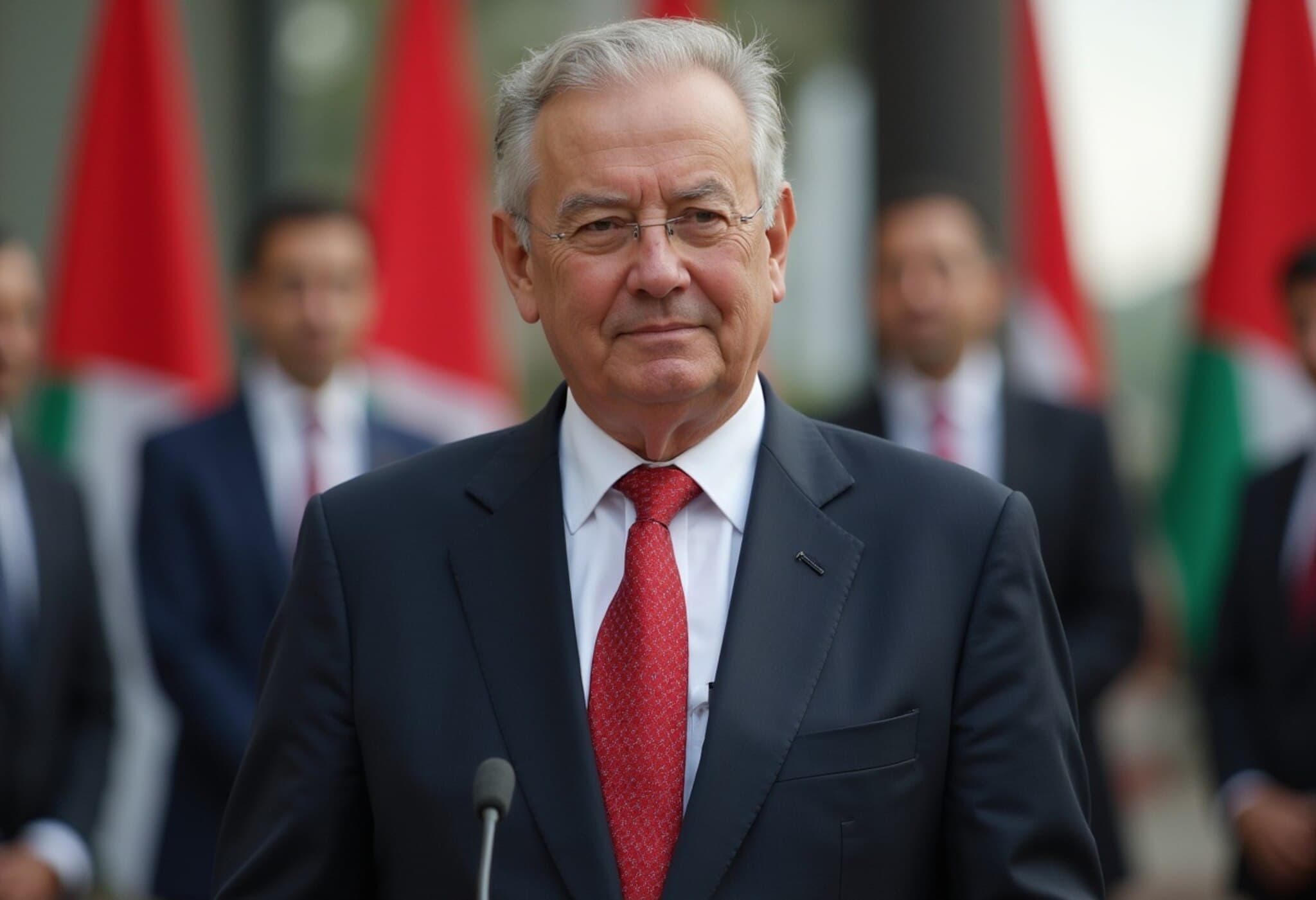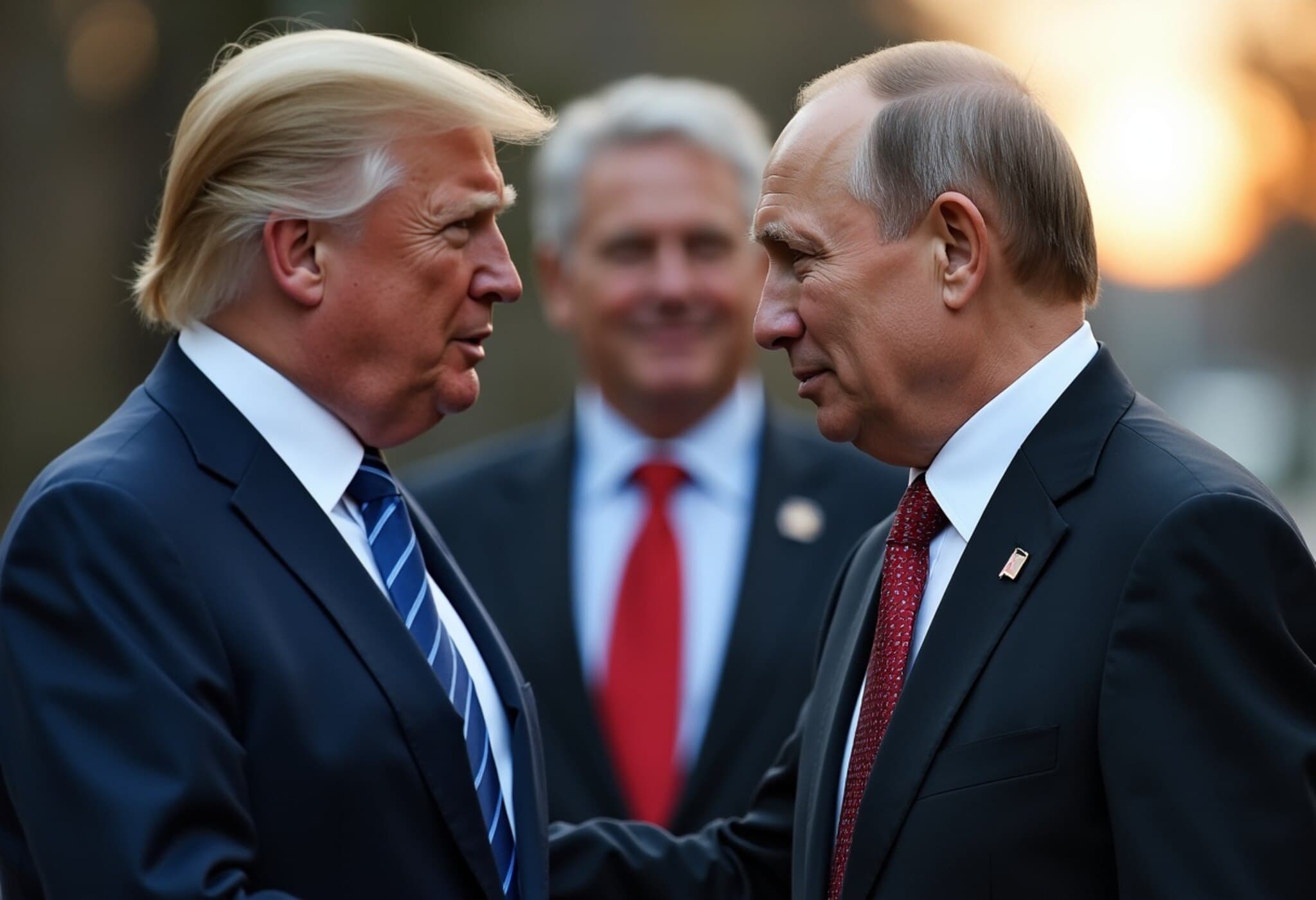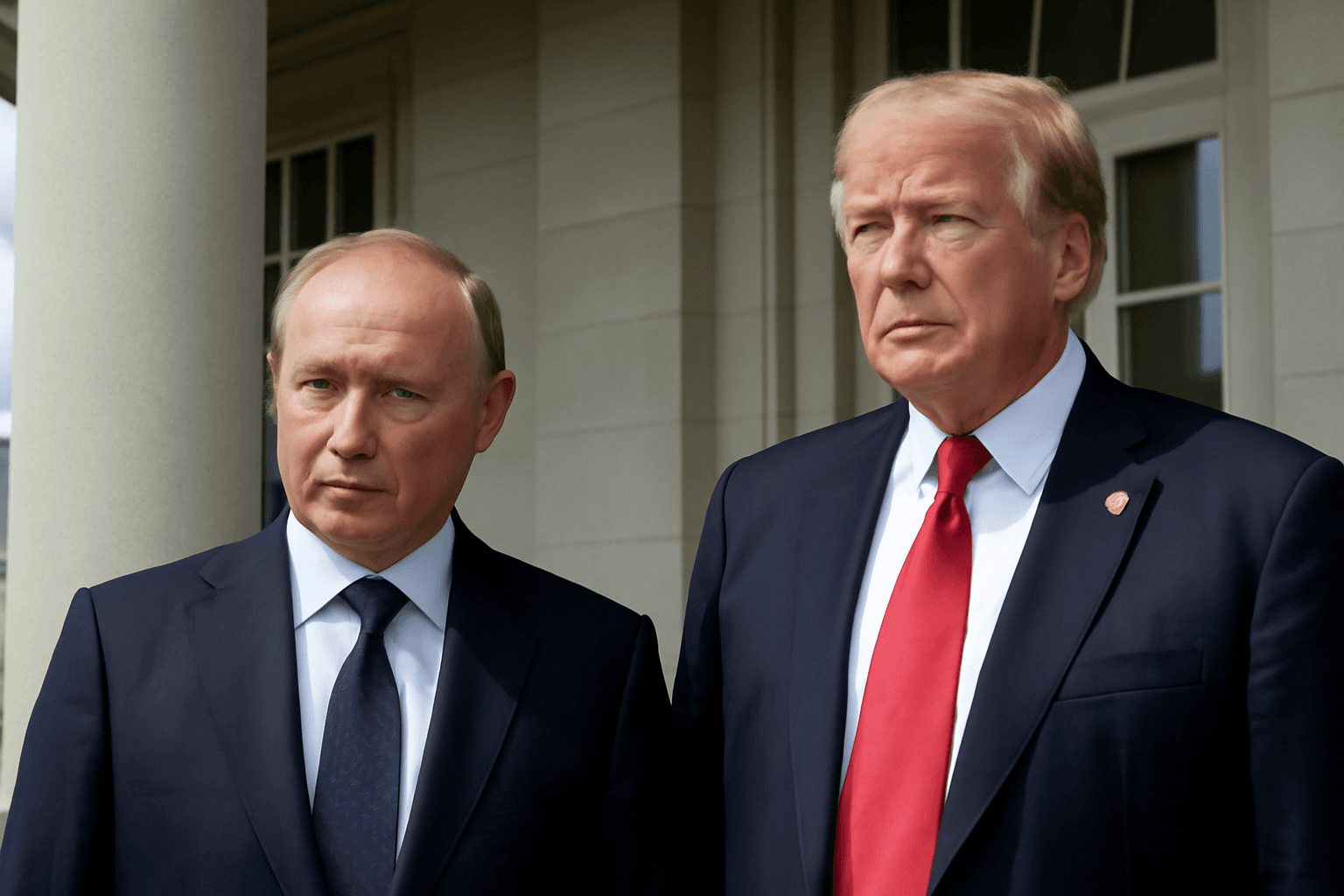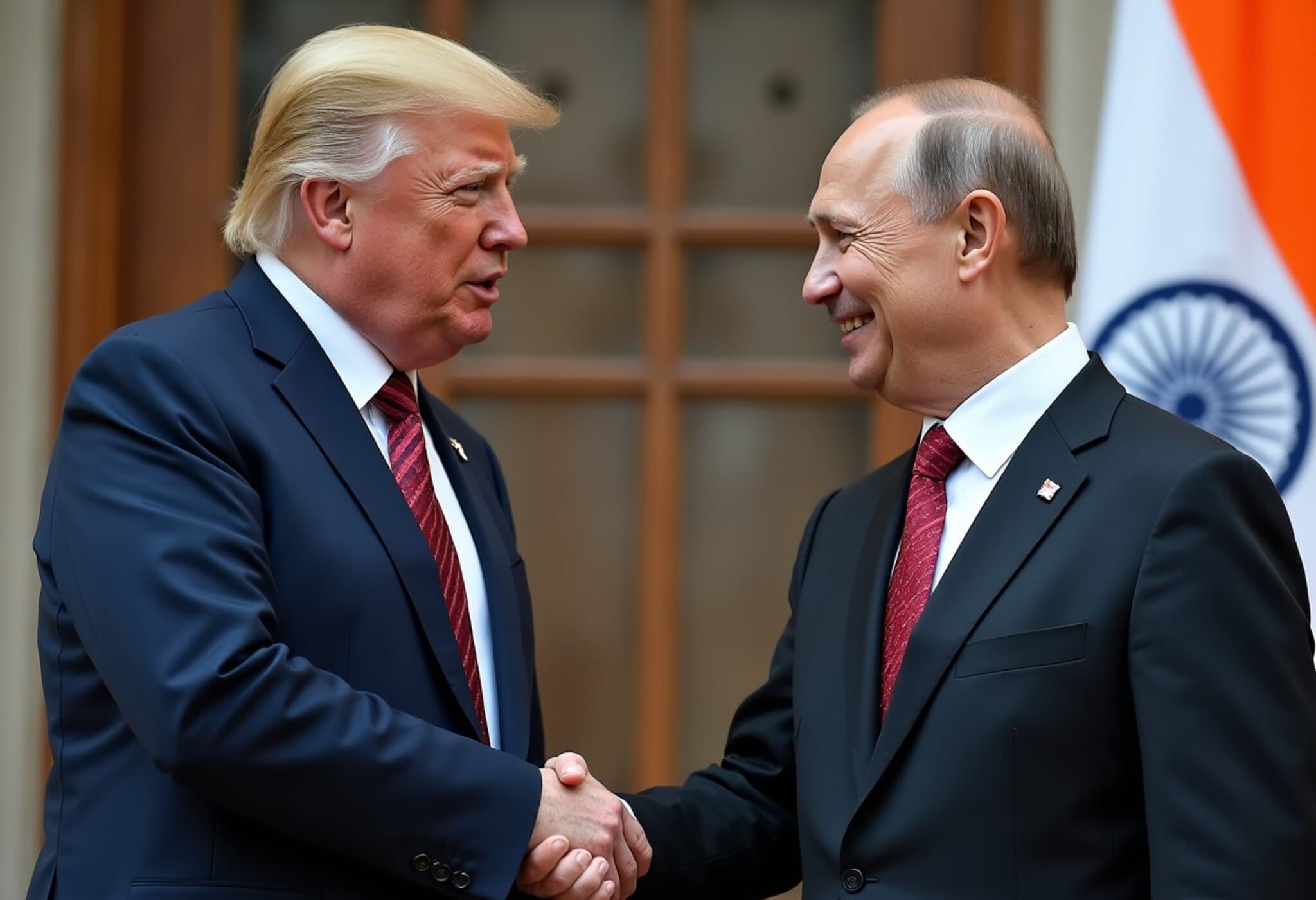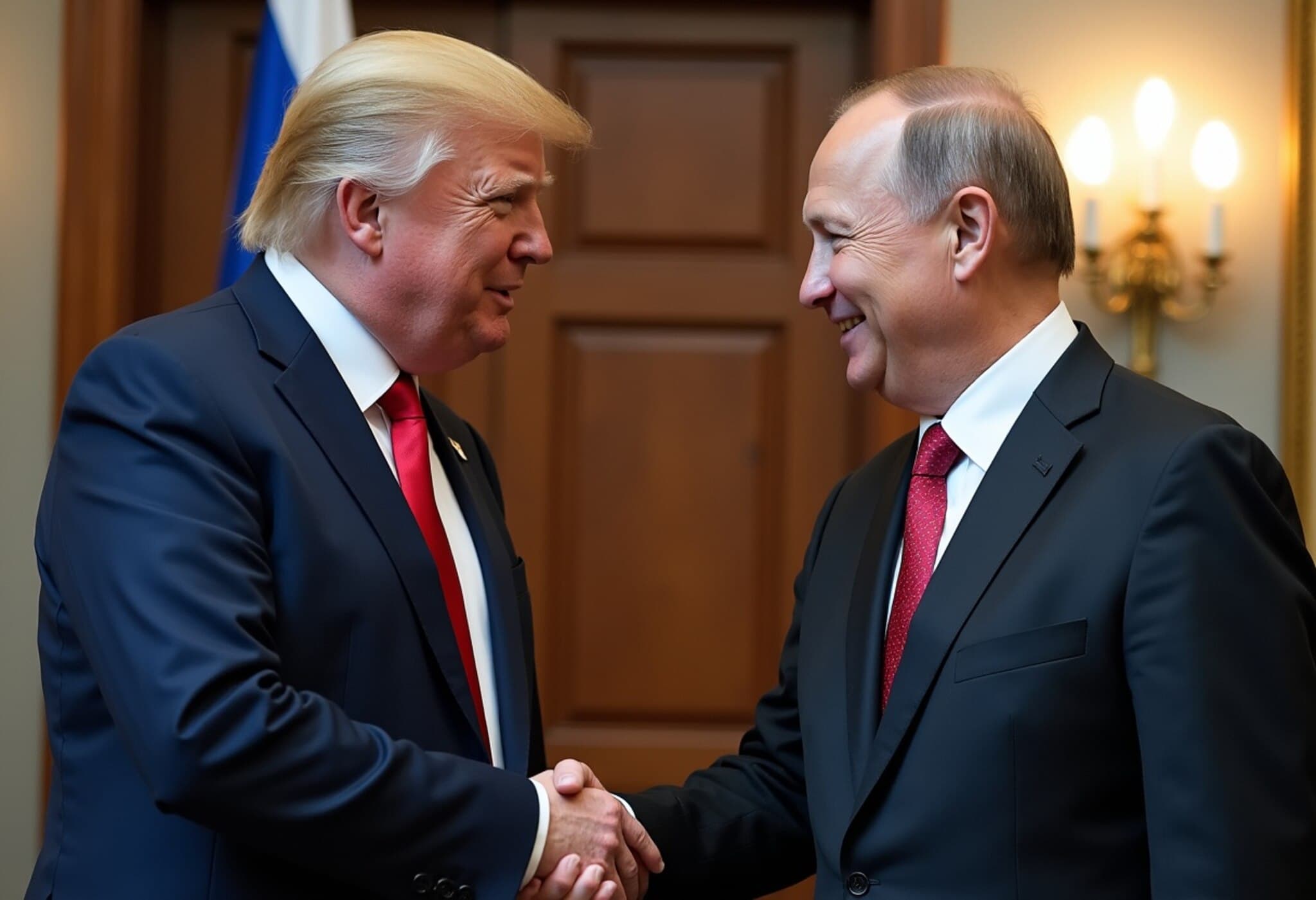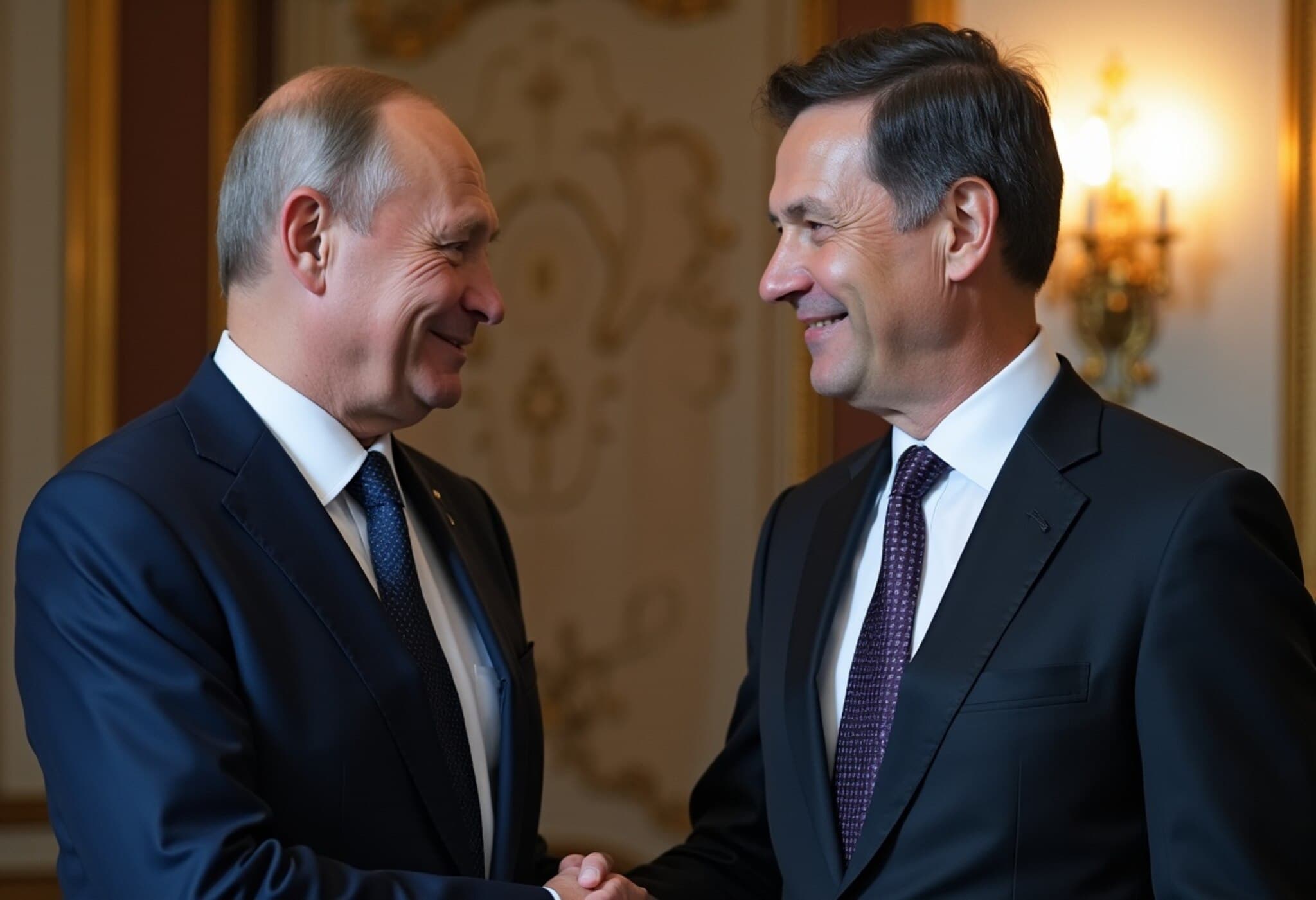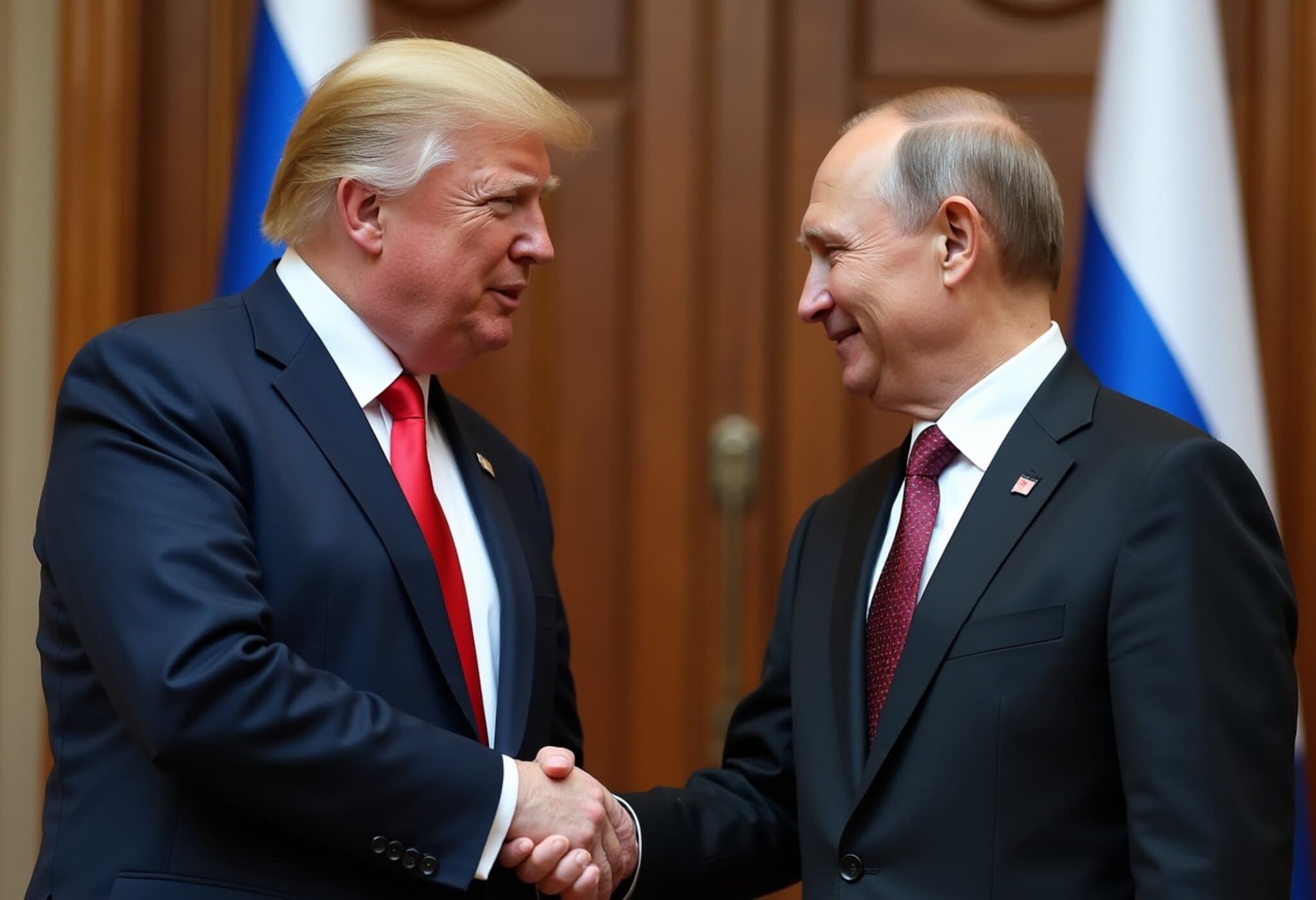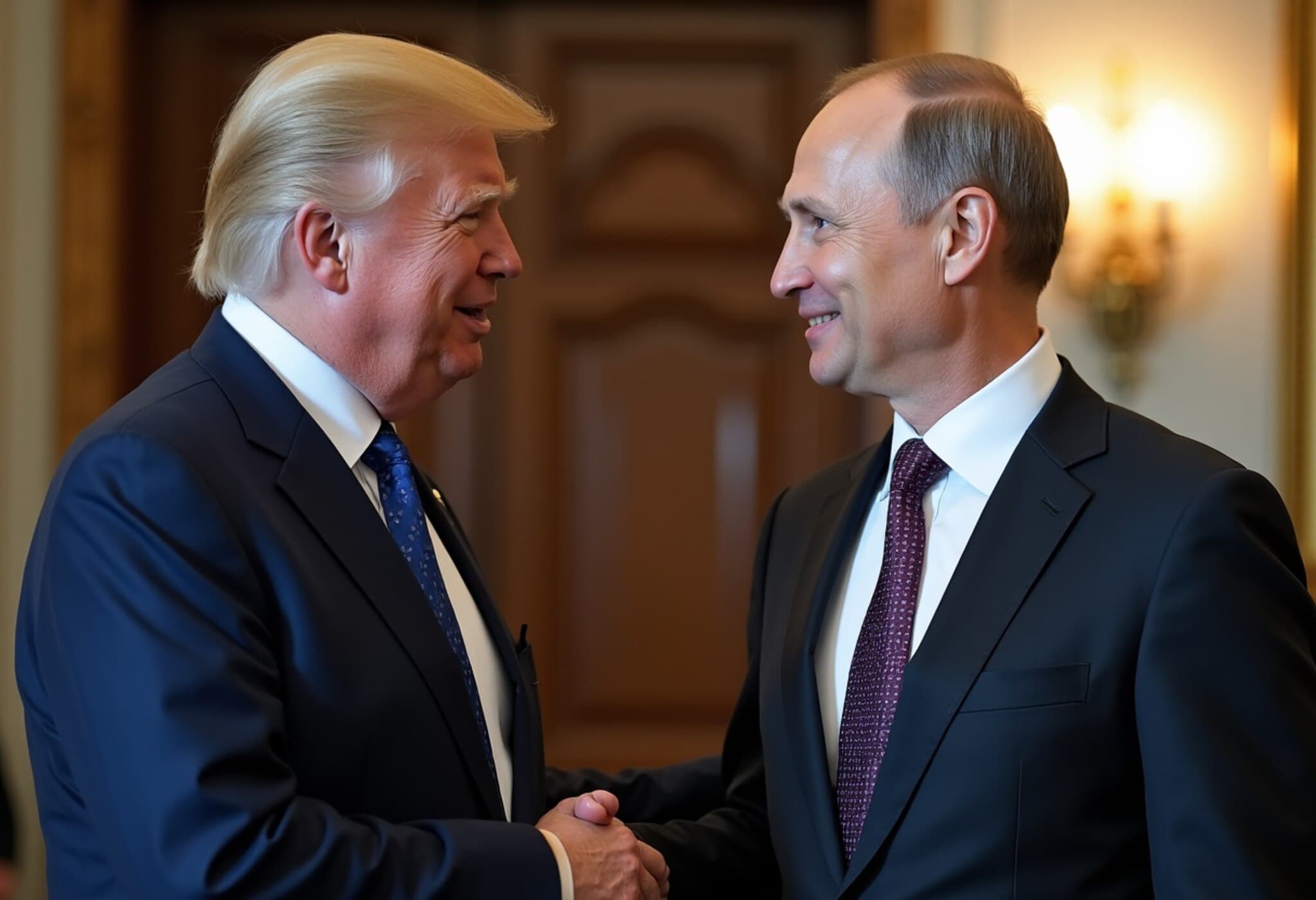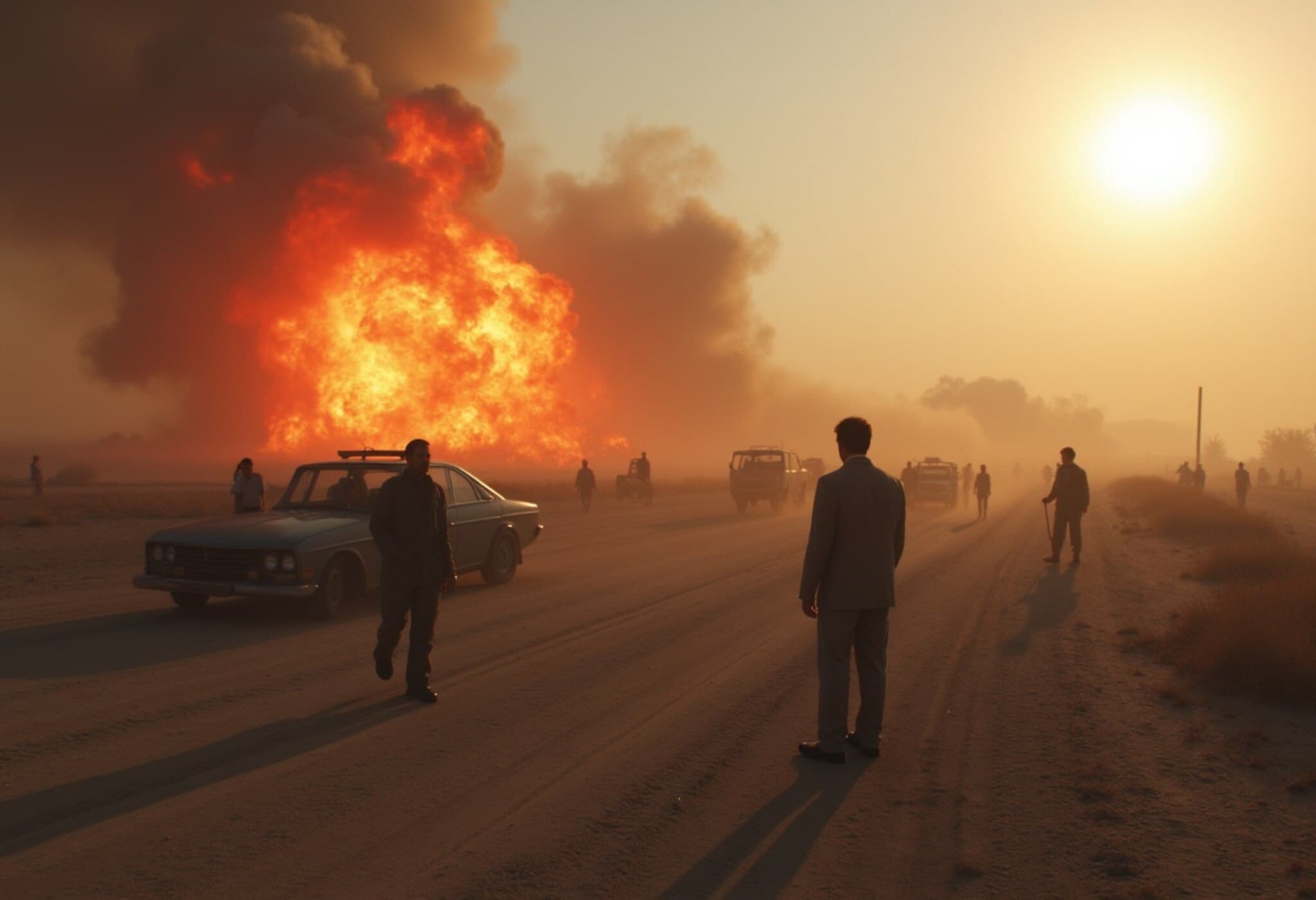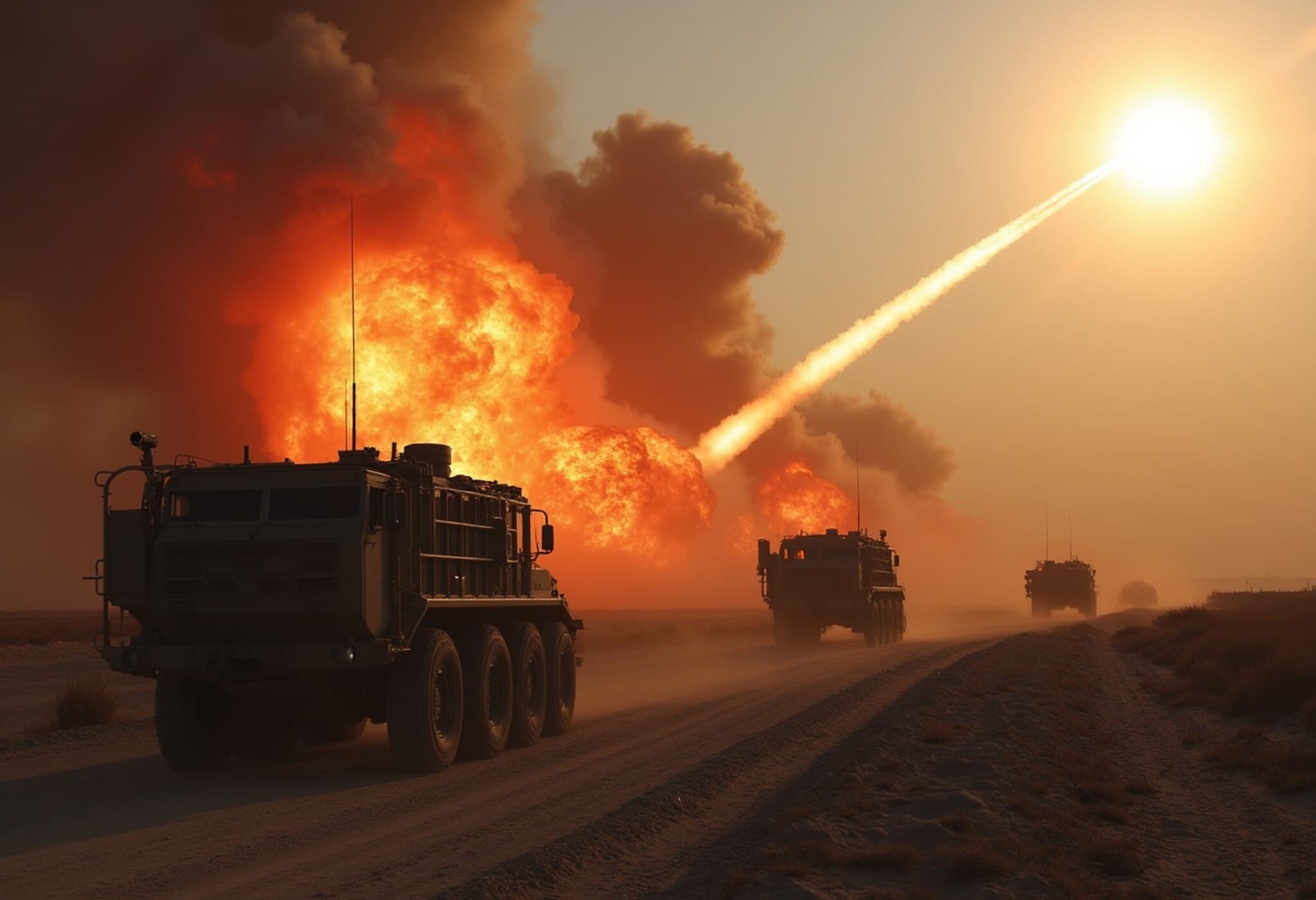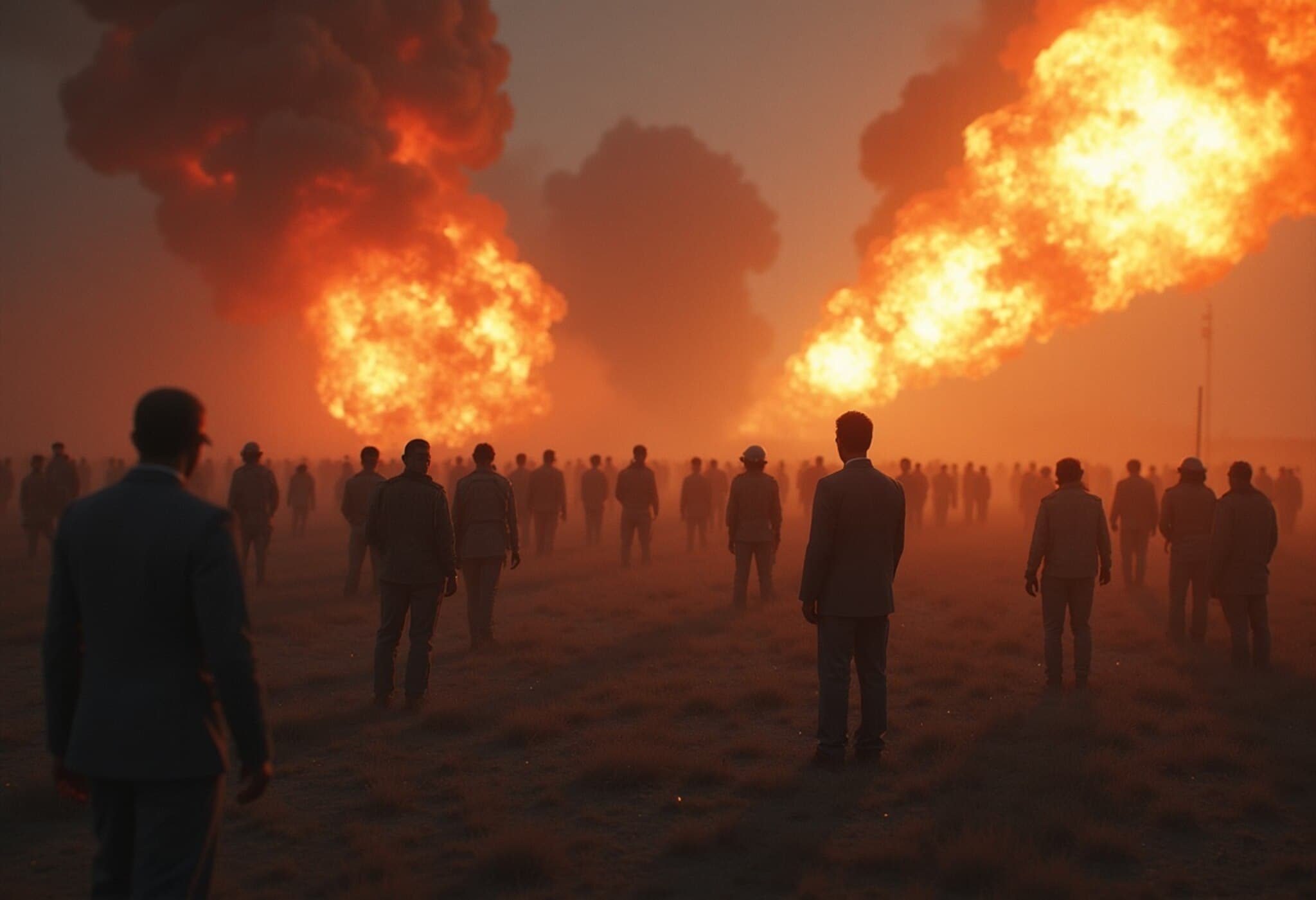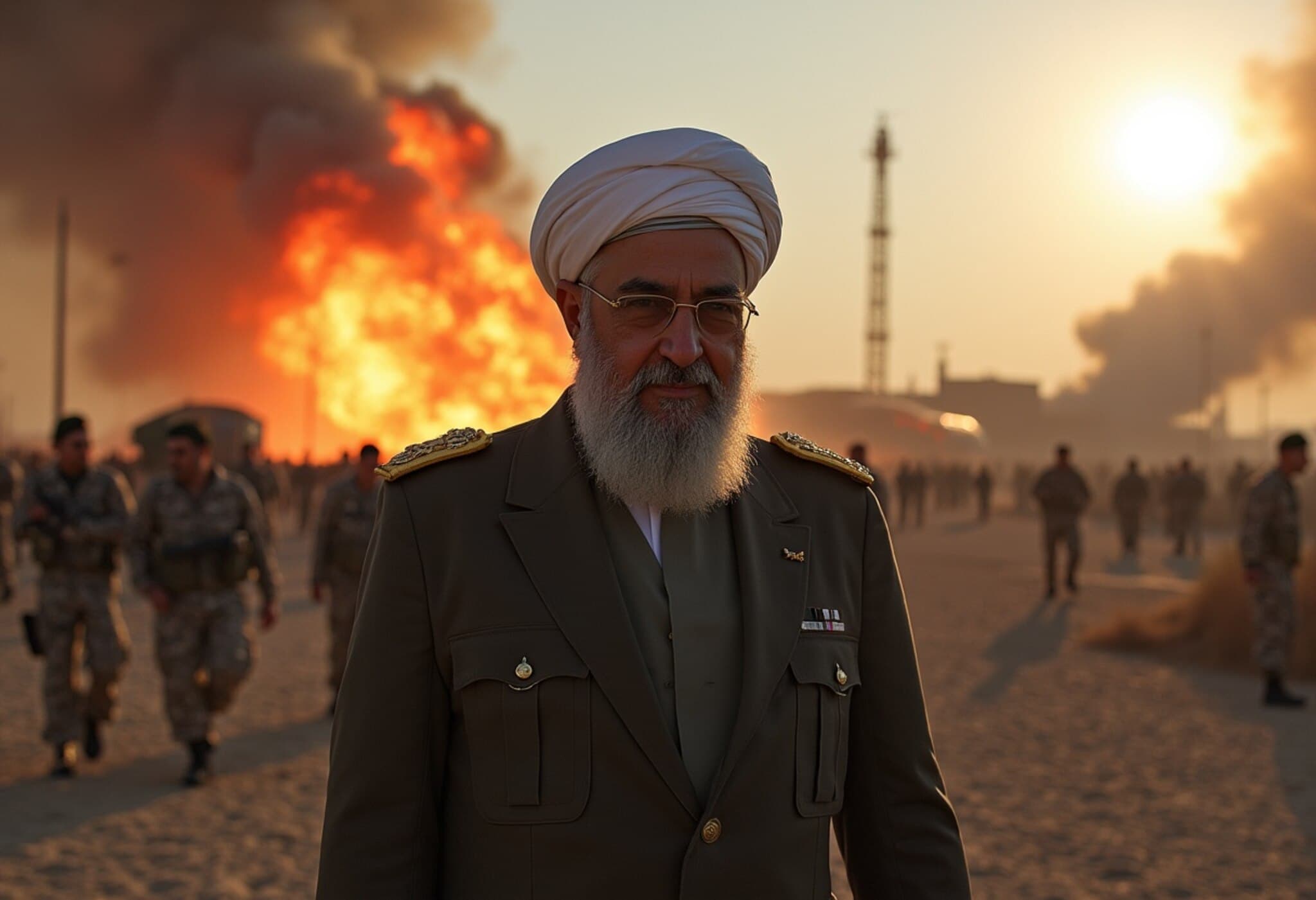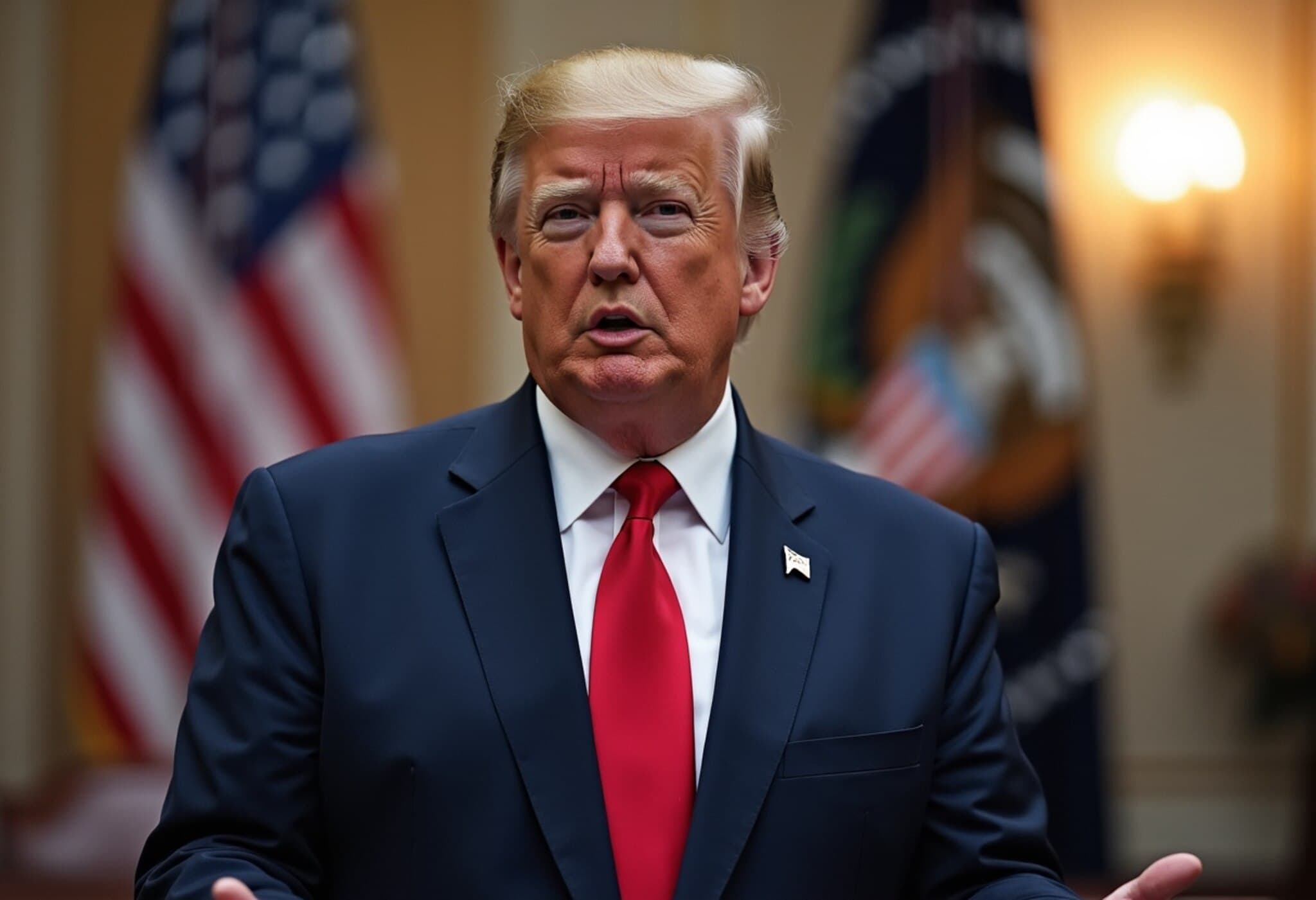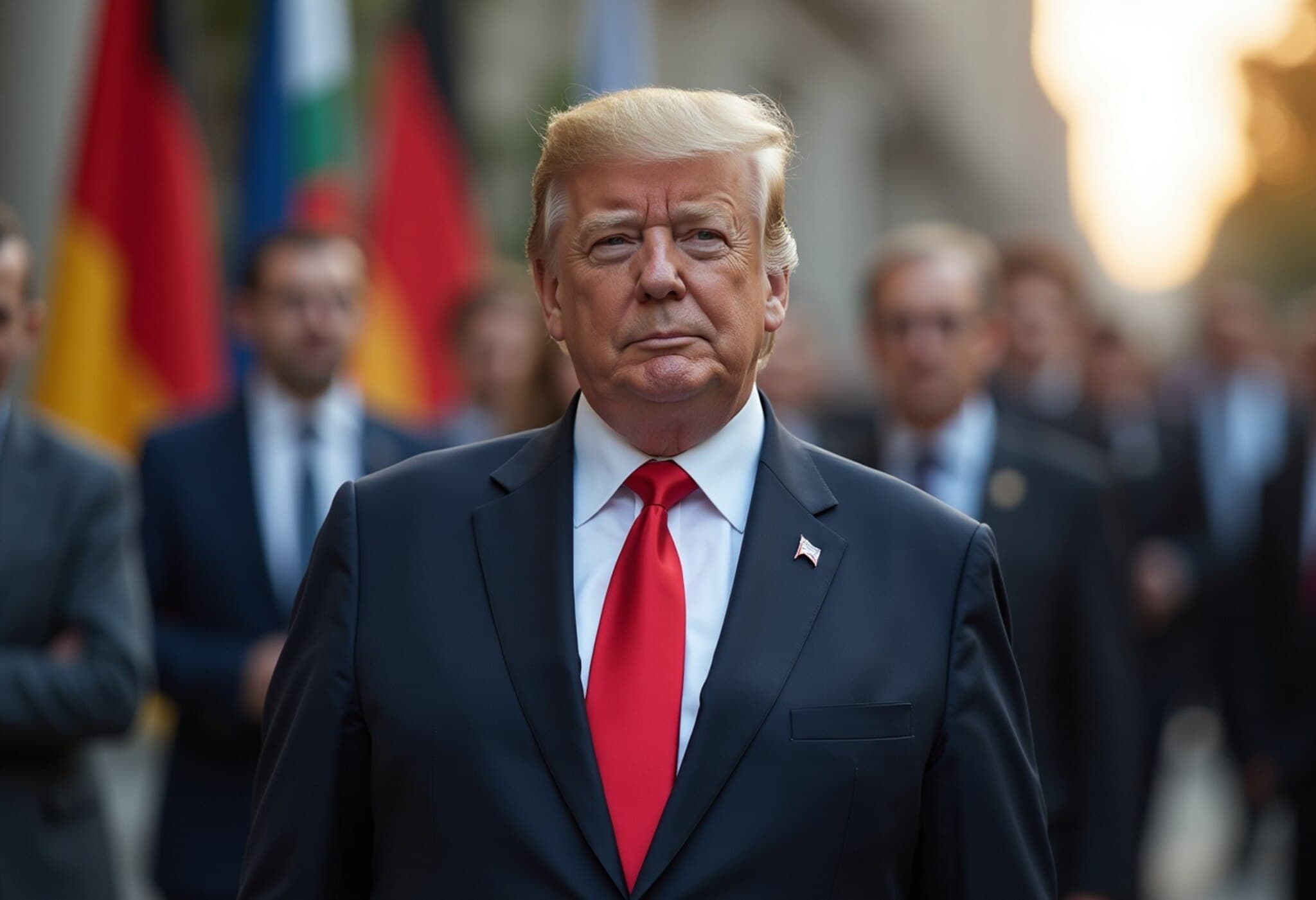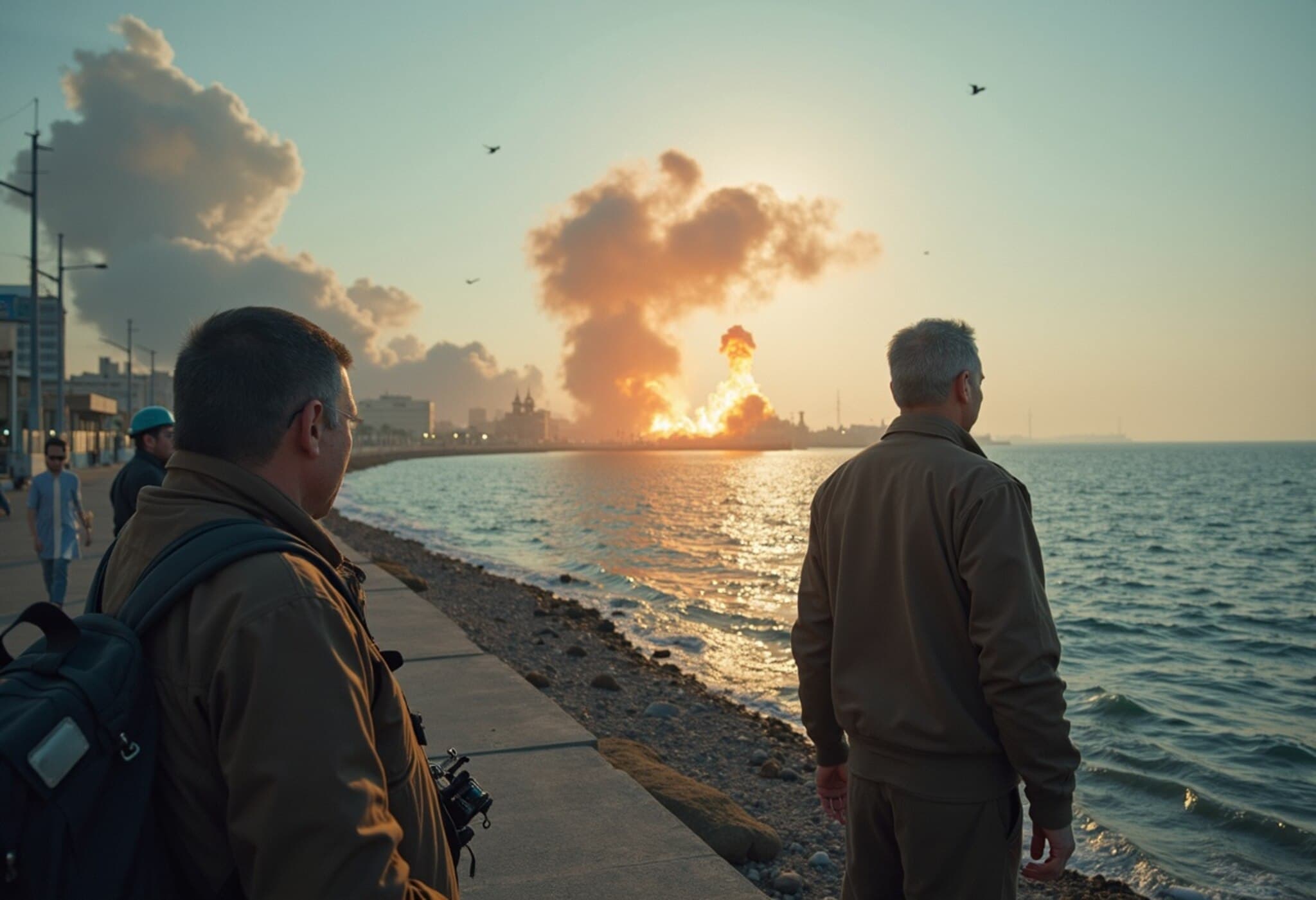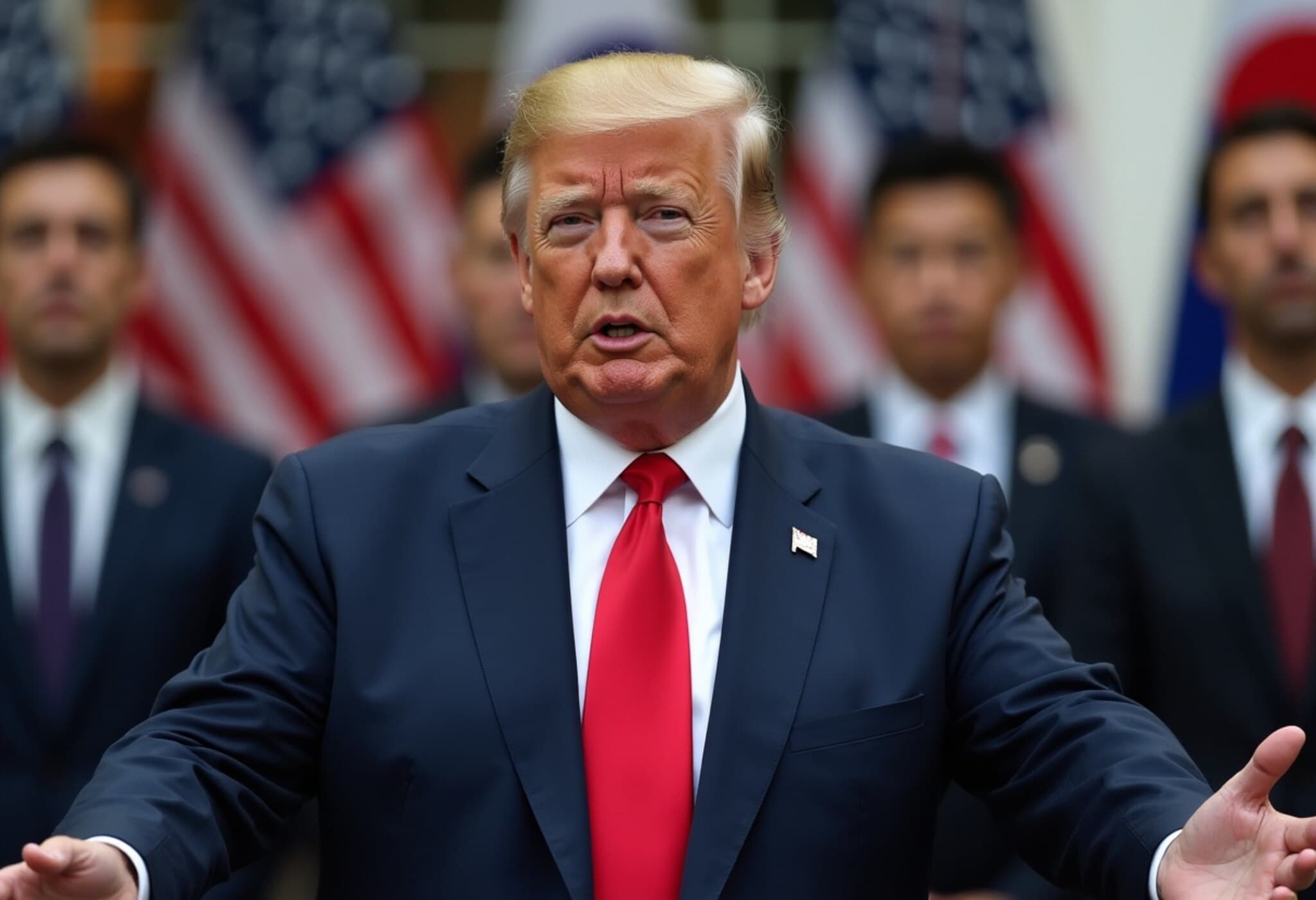Canada Announces Recognition of Palestinian State, Challenging Status Quo
In a bold pivot on the international stage, Canada has announced its intent to formally recognize the state of Palestine at the upcoming United Nations General Assembly. This move marks a significant shift in diplomatic alignments and places Canada alongside a handful of Western nations signaling renewed urgency in the Israeli-Palestinian conflict, long marked by stalled negotiations and mounting civilian suffering.
Prime Minister Mark Carney’s Rationale and Conditions
Canadian Prime Minister Mark Carney framed the decision as a necessary response to the long-simmering impasse in the Middle East peace process. He conveyed that the traditional hope for a two-state solution through incremental negotiations had become untenable without transformative changes from the Palestinian Authority.
Carney underscored that recognition relies on critical reforms within Palestinian governance. He emphasized the importance of the Palestinian Authority holding transparent general elections by 2026, explicitly excluding participation by Hamas, a group designated as a terrorist organization by many Western governments. Additionally, Carney stressed the necessity of the new Palestinian state remaining demilitarized, highlighting concerns over sustained violence in the region.
"The deepening suffering of civilians leaves no room for delay in the coordinated action of the international community," Carney said, invoking a moral imperative that is hard to ignore amid Gaza’s humanitarian crisis.
International Reactions: Controversy and Diplomatic Ripples
The announcement was met with swift condemnation from Israel’s government, which views the move as premature and potentially emboldening militant factions like Hamas. The Israeli Foreign Ministry branded the decision as "a reward for Hamas," warning it could undermine delicate ceasefire negotiations and hostage release efforts ongoing since the violent Hamas attack in October 2023.
Similarly, U.S. officials expressed skepticism. Although the Biden administration has nuanced views on the Israeli-Palestinian conflict, a White House spokesperson conveyed that then-President Donald Trump’s stance against recognizing Palestine was rooted in concerns about bolstering Hamas. The official, speaking anonymously, highlighted Washington's priority on humanitarian aid delivery in Gaza over symbolic diplomatic gestures.
Notably, Canada’s announcement situates it against countries like Australia, where Prime Minister Anthony Albanese supports a two-state solution but cautions against politicizing recognition prematurely. Australian Treasurer Jim Chalmers acknowledged the momentum building internationally and believes Australia’s formal recognition is a matter of “when, not if.”
Broader Geopolitical Context and Regional Impact
Canada joins France, which also plans to recognize Palestine at the UNGA, and Britain, which has conditioned its recognition on an immediate Israeli ceasefire. This evolving diplomatic landscape reflects growing impatience with prolonged conflict and the escalating humanitarian toll, particularly in Gaza.
Meanwhile, the conflict itself remains urgent and deadly. Gaza has witnessed severe violence, including recent deadly incidents at food distribution points. Israeli perspectives suggest even more extreme measures are being contemplated, such as the potential annexation of parts of Gaza, which could further complicate peace prospects.
Voices from Gaza: Hope and Frustration
For many Palestinians, gestures like Canada’s recognition resonate deeply. Saed al-Akhras, a resident of Gaza, expressed cautious optimism, stating, "Enough! Palestinians have lived for more than 70 years under killing, destruction, and occupation while the world watches in silence. This recognition could signal a real shift in global engagement with our cause."
What Does This Mean for the Future?
- Symbolic yet significant: While recognition may not immediately change realities on the ground, it represents international pressure and an evolving consensus.
- Diplomatic strain: Canada risks tensions with Israel and potentially its close allies but may also carve out leadership in advocacy for Palestinian statehood.
- Policy challenges: The recognition hinges on Palestinian reforms and demilitarization, raising questions about enforceability and the realpolitik of regional security.
- Humanitarian urgency: The decision aligns with calls for urgent relief and political solutions amid escalating civilian crises.
Expert Insight:
From a policy perspective, Canada's decision highlights the growing frustration with traditional peace processes that have promised much but delivered little. Recognizing Palestine now may serve to apply international pressure on all parties to return to the negotiating table under new terms. However, the prerequisite reforms present difficult challenges, especially given Hamas's entrenched role in Gaza.
Moreover, this move could catalyze a domino effect influencing other nations' stances, especially within the Commonwealth and the European Union. For the United States, long a central actor, Canada’s choice signals increasing divergence among allies about the best path forward in one of the world’s most complex diplomatic conflicts.
Editor’s Note
Canada’s announcement to recognize the state of Palestine amid ongoing conflict underscores a historic turning point in global diplomacy. The decision encapsulates the tension between symbolic recognition and practical political realities, reflecting deep humanitarian concern and shifting geopolitical winds. As this story unfolds, key questions remain: Can international recognition spur meaningful reform and peace, or will it deepen divisions? How will this affect the fragile web of alliances and the lived experiences of millions caught in conflict? Readers and policymakers alike should watch closely as this develops, balancing hope with sober realism.

